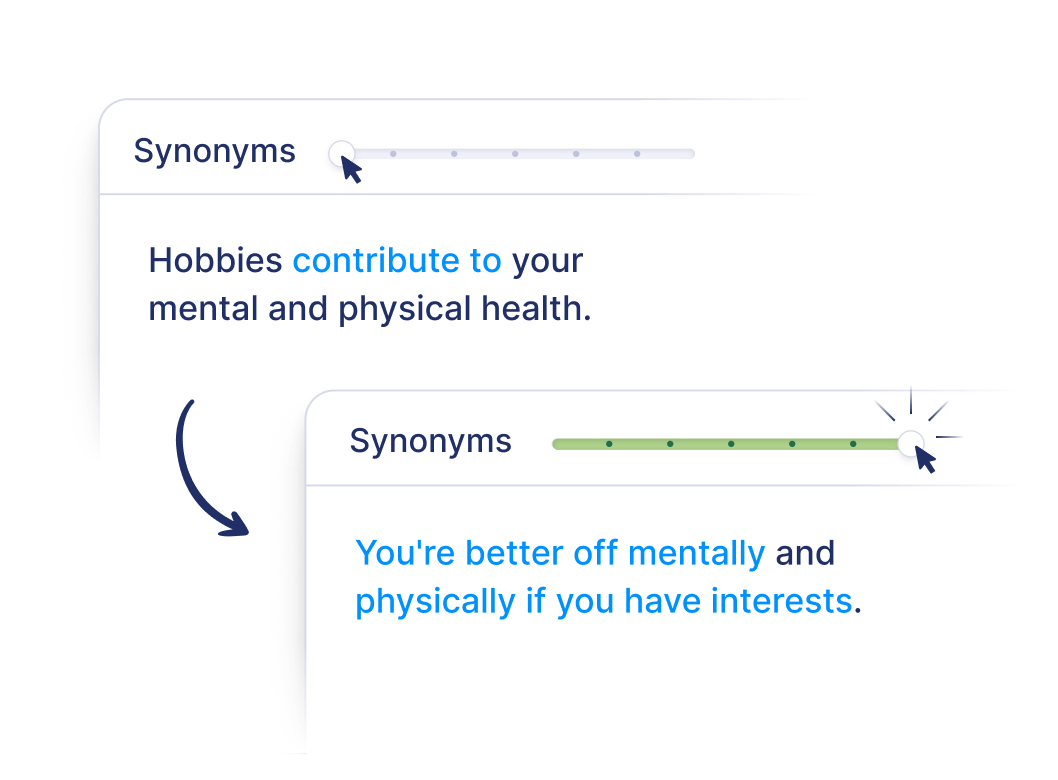The AI-Powered Tool for Paraphrasing in Research Papers
In the rapidly evolving world of academia, artificial intelligence (AI) is transforming the way researchers approach their work. Among its many applications, AI tools to rewrite content have emerged as invaluable assets for researchers aiming to enhance their writing quality, improve content originality, and save time. This blog post delves into the utility of these tools in crafting research papers, explores various options available in the market, and evaluates their benefits and limitations.

The Role of AI in Paraphrasing in Research Paper
Writing research papers often requires rephrasing ideas from existing literature to align with a study’s objectives while maintaining originality. Paraphrasing tools for research papers simplify this process by utilizing advanced natural language processing (NLP) techniques and machine learning algorithms. These technologies analyze text, understand its context, and rewrite it in a way that retains the original meaning while altering wording and structure.
Here’s why researchers rely on paraphrasing tools for research:
- Avoiding Plagiarism: Paraphrasing in research helps researchers rephrase content effectively, reducing the risk of unintentional plagiarism—a critical concern in academic writing.
- Improving Readability: By restructuring sentences and enhancing vocabulary, these tools make research papers clearer, more concise, and professional.
- Saving Time: Paraphrasing manually can be labor-intensive. AI tools streamline this process, allowing researchers to dedicate more time to data analysis and interpretation.
- Supporting Multilingual Authors: For non-native English speakers, advanced tools with multilingual capabilities simplify the challenge of producing high-quality academic work in English and other languages.
Available AI Paraphrasing Tools
The market offers a variety of paraphrasing tools, ranging from free versions to premium plans with advanced features. Below, we explore some of the most prominent options:
1. QuillBot
QuillBot is a versatile and widely used paraphrasing tool for research papers, catering to diverse writing needs. It is particularly valued for its:
- Modes of Paraphrasing: Offers seven modes, including Standard, Fluency, and Creative, enabling users to customize their rewriting style based on their objectives.
- Platform Integration: Compatible with Google Docs and Microsoft Word, making it easy to use during the writing process.
- Premium Features: Provides enhanced word limits, tone adjustments, and faster processing for professional-grade outputs.
2. Grammarly’s Rewrite Tool
Grammarly’s premium version includes a rewrite tool, adding to its suite of grammar and style-checking features. Key highlights include:
- Clarity Improvements: Enhances sentence structure and overall readability.
- In-depth Analysis: Offers detailed suggestions for improving tone, engagement, and conciseness.
- Plagiarism Checker: Ensures academic integrity with integrated plagiarism detection.
3. Paraphraser.io
Paraphraser.io is a budget-friendly tool tailored for students and researchers needing basic paraphrasing capabilities. Its features include:
- AI-Based Rewriting: Produces contextually appropriate synonyms and sentence structures.
- Multilingual Support: Works in multiple languages such as French, Spanish, and German, making it accessible for non-native speakers.
Choosing the Best Tool
Selecting the right paraphrasing tool depends on individual needs:
- Budget-Friendly Options: Paraphraser.io is excellent for researchers with limited resources.
- Advanced Features: QuillBot and Grammarly offer extensive customization and integration capabilities.
- Multilingual Support: Paraphraser.io and QuillBot cater to non-native speakers with multilingual features.
Among these, QuillBot stands out as a versatile tool, balancing affordability with advanced functionality.

Benefits of Using AI Paraphrasing Tools
AI-powered paraphrasing tools offer several advantages to researchers:
- Enhanced Academic Integrity: Minimize plagiarism risks by generating unique and well-restructured content.
- Improved Efficiency: Save time, allowing more focus on critical aspects of research.
- Higher Quality Output: Ensure readability and professionalism in academic writing.
- Accessibility: Free versions make these tools available to researchers worldwide.
Limitations and Ethical Considerations
While beneficial, these tools come with certain challenges:
- Context Sensitivity: AI may misinterpret nuanced meanings, resulting in inaccuracies.
- Over-Reliance: Dependence on AI could hinder the development of personal writing skills.
- Ethical Concerns: Using AI to generate content without proper acknowledgment may raise ethical issues.
Researchers must use these tools responsibly, ensuring they complement critical thinking and originality rather than replacing them.
Conclusion
AI-powered paraphrasing tools have revolutionized academic writing, addressing challenges such as plagiarism, readability, and time management. Whether you choose free tools like Paraphraser.io or premium solutions like Quillbot , the key lies in using them responsibly to complement your efforts. Embrace the power of academic writing tools and professional guidance to elevate your research writing to new heights.
We offer various services to help you uphold academic integrity, including plagiarism detection, content creation, and accurate citation assistance. Contact us to discover how we can support your journey toward academic and professional success.





